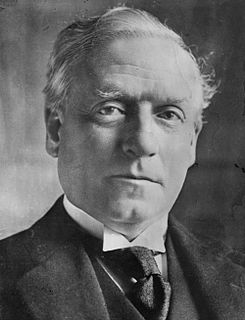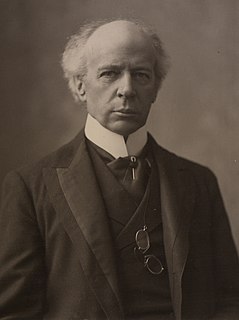A Quote by Herodotus
The most hateful grief of all human griefs is to have knowledge of a truth, but no power over the event.
Related Quotes
In order to exert influence over people, there were other things that could be used besides love. Knowledge seemed to be an equally strong force, perhaps even stronger. Whoever possessed knowledge not only had power over the changeable passions of people, but also power over their thinking, over their minds, hearts and souls.
Because of its concrete content, sense-certainty immediately appears as the richest kind of knowledge, indeed a knowledge of infinite wealth for which no bounds can be found, either when we reach out into space and time in which it is dispersed, or when we take a bit of this wealth, and by division enter into it. Moreover, sense-certainty appears to be the truest knowledge ... but, in the event, this very certainty proves itself to be the most abstract and poorest truth. All that it says about what it knows is just that it is; and its truth contains nothing but the sheer being of the thing.
Sometimes grief is a comfort we grant ourselves because it's less terrifying than trying for joy. Nobody wants to admit it. We'd all declare we want to be happy, if we could. So why, then, is pain the one thing we most often hold on to? Why are slights and griefs the memories on which we choose to dwell? Is it because joy doesn't last but grief does?
We should not be content to say that power has a need for such-and-such a discovery, such-and-such a form of knowledge, but we should add that the exercise of power itself creates and causes to emerge new objects of knowledge and accumulates new bodies of information. ... The exercise of power perpetually creates knowledge and, conversely, knowledge constantly induces effects of power. ... It is not possible for power to be exercised without knowledge, it is impossible for knowledge not to engender power.
It's amused me the writers who have assumed that I was referring to a hateful quality of society in the '80s. I think that degree of hatefulness is pretty much steady throughout human history. To me, it's just an amusing sense of self-deprecation - my hateful years. It was entirely personal; it was my personal, hateful years, when I most overtly tried to lash out at society. As I used to say: it was an attempt to burn society down to the ground.
What is hateful is not rebellion but the despotism which induces the rebellion; what is hateful are not rebels but the men, who, having the enjoyment of power, do not discharge the duties of power; they are the men who, having the power to redress wrongs, refuse to listen to the petitioners that are sent to them; they are the men who, when they are asked for a loaf, give a stone.
I am certainly not proposing that we wait passively for the people in power to change their minds. I think we need to be confrontational, to expose the truth in ways that are uncomfortable and that, yes, require courage. What I caution against is using hateful rhetoric to inspire action, and I see a lot of that today. We strengthen the underlying field of hatred, dehumanization, and conquest. It certainly doesn't engage what allows people to do courageous things and to commit deeply, which is the experience of beauty, love, grief.
Enforced by genetics, sexual reproduction, perspective, and experience, the most manifest characteristic of human beings is their diversity. The freer an economy is, the more this human diversity of knowledge will be manifested. By contrast, political power originates in top-down processes-governments, monopolies, regulators, and elite institutions- all attempting to quell human diversity and impose order. Thus power always seeks centralization.







































